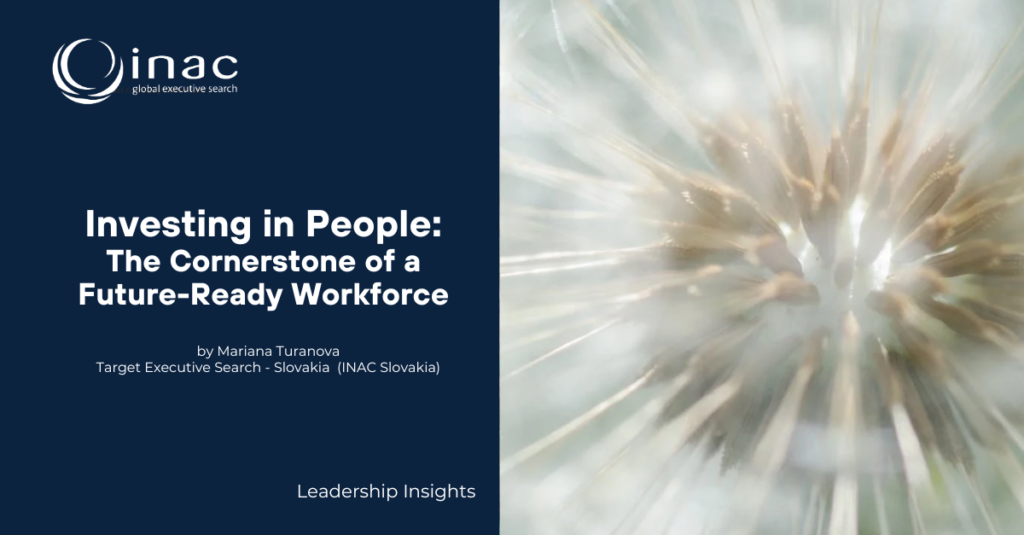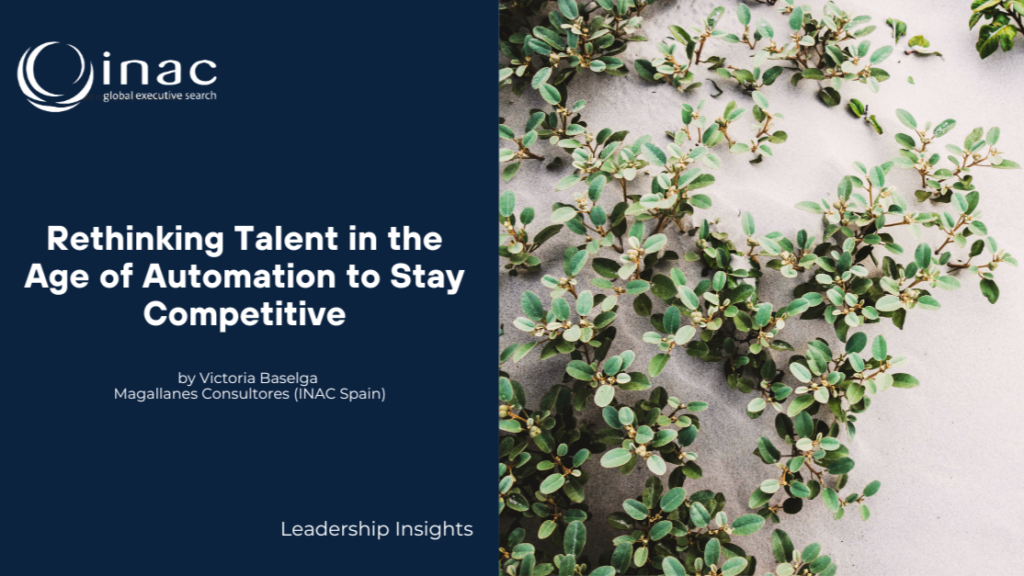
“The illiterate of the 21st century will not be those who cannot read and write, but those who cannot learn, unlearn, and relearn.” – Alvin Toffler
This quote resonates deeply in today’s rapidly evolving business landscape, where adaptability is the currency of success. During the recent INAC EMEA Annual Regional Meeting, a critical theme emerged: the urgent need to develop new skills to meet the demands of a dynamic and technology-driven future.
With transformative technologies reshaping industries and B2B business models gaining prominence, HR leaders face unprecedented pressure to rethink and redesign training and development strategies. The challenge isn’t merely about upgrading existing skill sets—it’s about preparing for a future defined by artificial intelligence, automation, and the complexities of cross-functional collaboration.
At the event, Carlos Olave, Global HR Strategy Head at LG Electronics, and Carlos Romero-Camacho, Chief People & Corporate Officer at Insud Pharma, offered valuable insights. They highlighted the importance of prioritizing skills like AI, data literacy, and automation – not as distant aspirations, but as immediate needs.
To close the growing gap between current capabilities and future demands, organizations must adopt proactive, forward-thinking talent strategies. This involves aligning workforce development initiatives with organizational goals while fostering adaptability and resilience. For HR leaders, this dual role of addressing today’s needs while anticipating tomorrow’s challenges is pivotal.
From an executive recruiter’s perspective, one of the greatest challenges lies in identifying leaders who thrive in this dynamic environment. The demand for individuals with both technical expertise and adaptability has never been higher. It is no longer enough to simply fill roles—businesses must seek leaders capable of driving transformation and navigating the complexities of an increasingly digital and automated world.
For SMEs, family businesses, and large corporations alike, building a future-ready workforce requires investing in leadership programs, technological skill development, and fostering a culture of innovation. The organizations that succeed will be those that create environments where collaboration flourishes, diverse perspectives drive decision-making, and innovation becomes second nature.
In conclusion, the most powerful way to prepare for what lies ahead is by investing in people. As you reflect on your talent strategy, ask yourself: Are you building a team that will not only survive disruption but lead the charge in driving innovation?
____________________________

Mariana Turanova, Managing Partner & Regional Consultant at TARGET Executive Search CEE – Slovakia (INAC Slovakia)
Mariana holds degrees in Economics and International Relations. She began her career as a Euro-Info Officer and Project Manager before transitioning into executive search in 1999. Starting as a consultant, she steadily advanced to lead the Slovak subsidiary in 2002 and became a Partner in 2008.
Now as the Managing Partner for Slovakia, Mariana brings 25 years of expertise in headhunting and executive recruitment. She specializes in highly confidential and cross-border searches within Central and Eastern Europe (CEE), focusing on general management, finance, HR, sustainable development, and cyber security. An MBTI Step 1 certified practitioner, Mariana is fluent in Slovak and proficient in English and German.


